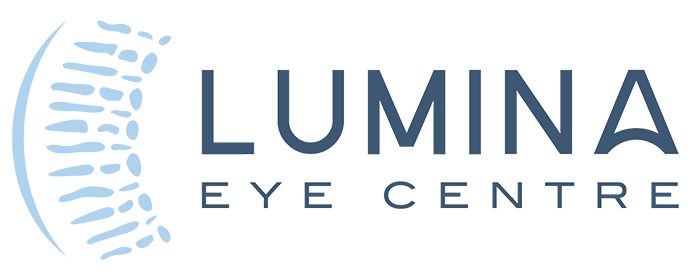If you require surgery, we will arrange for this to be done at an appropriate venue and within a clinically appropriate timeframe, bearing in mind the urgent nature of some problems.
Dr Reddie operates on both public and private patients at The Townsville Hospital.
Where we operate: Dr Reddie has regular operating sessions at:
- North Queensland Day Surgical Centre, 119 Kings Road, Hyde Park
- Mater Hyde Park, Oxford Street, Hyde Park
- Townsville University Hospital, Angus Smith Drive, Douglas.


Do I have to fast?
You will need to fast (no food or drink) from midnight the night before your operation.
What about my regular tablets?
Unless you have been given specific instructions otherwise, you should take your usual medications on the morning or your surgery with a sip of water in the morning.
What about the anaesthetic?
Most eye surgery is safest when local anaesthesia is used – the eye is anaesthetised, but you remain conscious but sedated during the procedure. Patients feel touch and pressure, but do not feel any pain.
Local anaesthesia has particular advantages during retinal surgery because it allows you to get into the correct post-operative position as soon as possible at the end of your operation, and you are also far less likely to be nauseated afterwards.
Severe pain after eye surgery is very unusual and can be a sign that something is seriously wrong.
Please discuss any concerns you might have with Dr Reddie, and also with the anaesthetist before your procedure. Sometimes a preoperative consultation with an anaesthetist is required before your operation.
Do you take the eye out and put it on the cheek to do the operation?
No. Eye surgery is done using microscopic instruments through incisions that are 1-2mm in size.
